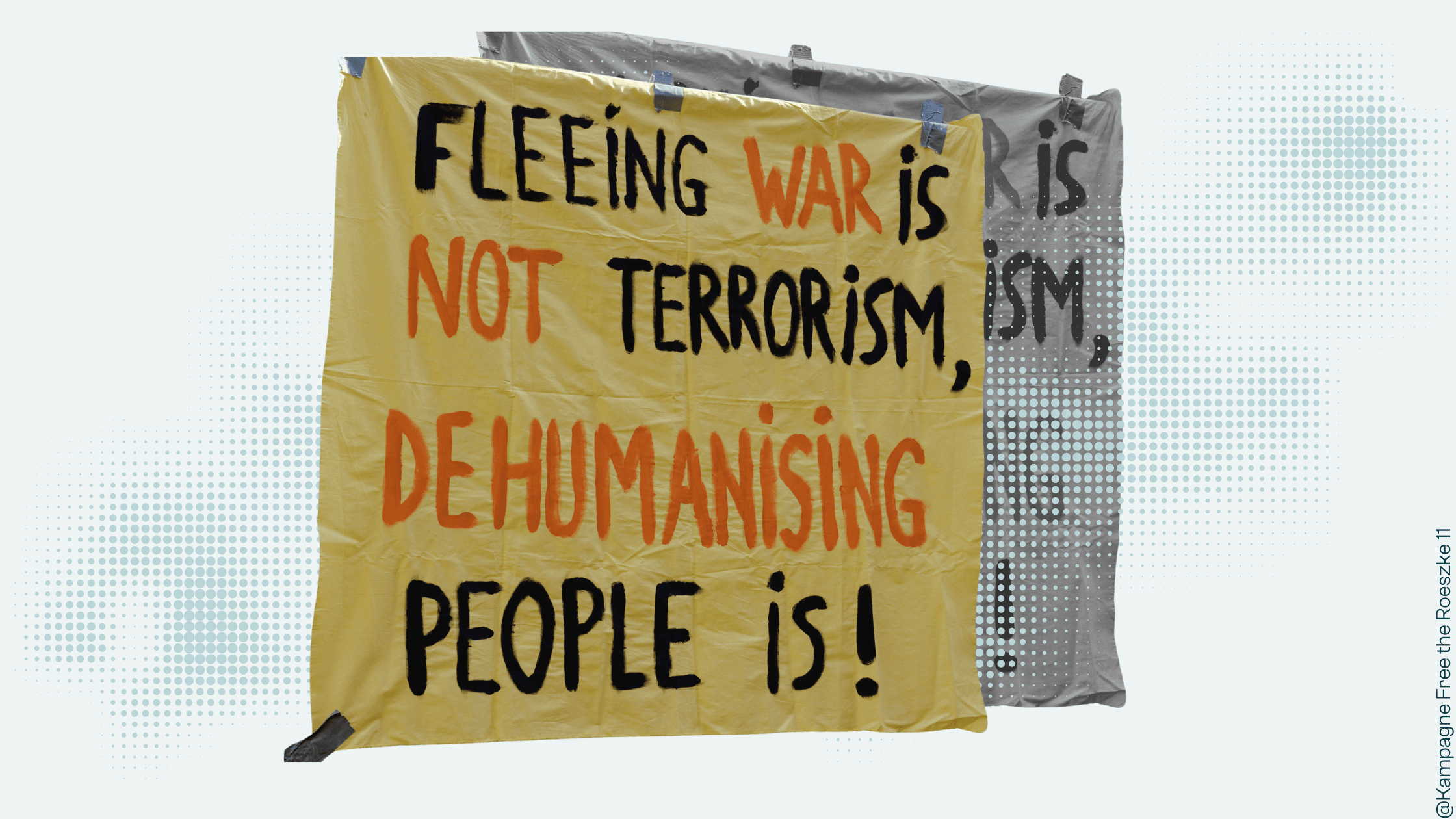Case 22
| Case Number | 22 |
| Charge | Drug Offense |
| Defense Attorney Present | Yes |
| Interpreter Present | Yes |
| Racialized Person | Yes |
| Outcome | Fine |
A man is held in pretrial detention for months and sentenced to a fine of several thousand euros for selling cannabis. Although at the time of the trial, the legalization of cannabis consumption and further decriminalization of possession and supply is imminent, the court strongly condemns the defendant's actions. The prosecutor described them as “extremely reprehensible”.
Non-German nationals are demonstrably particularly affected by pretrial detention. This is because courts routinely assume that people residing outside Germany pose an increased flight risk – even though this is not a sufficient reason according to the law.
In this case too, the accused person’s experience with the criminal legal system is strongly influenced by where he comes from. First, the man is impacted by the disproportionate ordering of pretrial detention against non-German nationals. Second, the prosecutor also cites the defendant’s foreign country of residence as a reason why his behavior should allegedly be particularly condemned, thereby openly expressing the court’s bias.
In such a moralizing perspective, structural backgrounds are lost from view. The defense attorney does suggest at one point that it was “probably not the defendant’s lifelong dream” to “come to Germany to deal drugs”. He thereby hints at the unequal access to material resources across different countries: As a wealthy country, Germany provides economic opportunities that many other countries do not – even if these opportunities are still distributed unequally within the country. However, these socio-economic circumstances to which the lawyer makes a fleeting reference are not discussed further.
At the start of the trial, we learn that the defendant lives in another EU country. He does not speak German and has an interpreter as well as a lawyer. The man states that he earns a few hundred euros a month as a taxi driver. In a statement read out by his lawyer, he confesses to the charges against him, namely selling cannabis. The police found cannabis in the man’s taxi with a low THC content, which meant that the amount did not exceed the threshold of a minor offense. Over the course of the trial, both the judge and the prosecutor make condescending and moralizing comments about the defendant, who had already spent several months in pretrial detention at the beginning of the trial.
The man’s lawyer rejects this remark by the prosecutor, but otherwise does not put much effort into his defense. In his plea, he makes no attempt to argue for an acquittal or a low sentence, but merely demands a fine in an amount that the court deems appropriate. The judge sentences the defendant to a fine of 120 daily rates of €15 each. Added up to 30 days, this daily rate corresponds to the man’s entire monthly income. In his reasoning, the judge once again emphasizes his moral condemnation of the defendant's actions.

